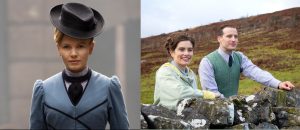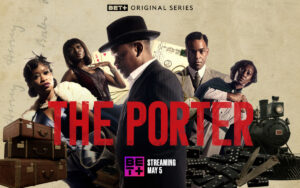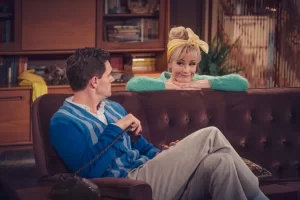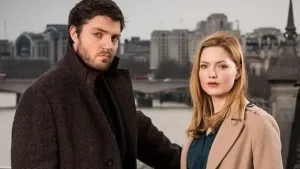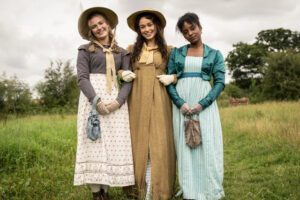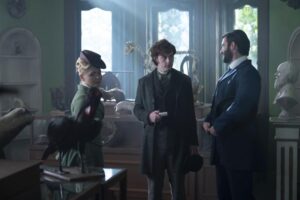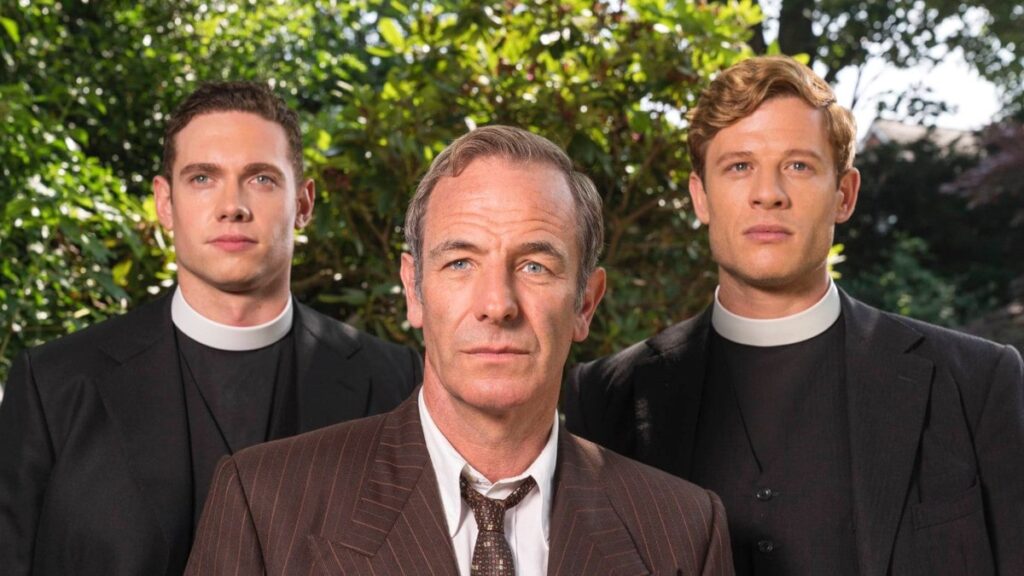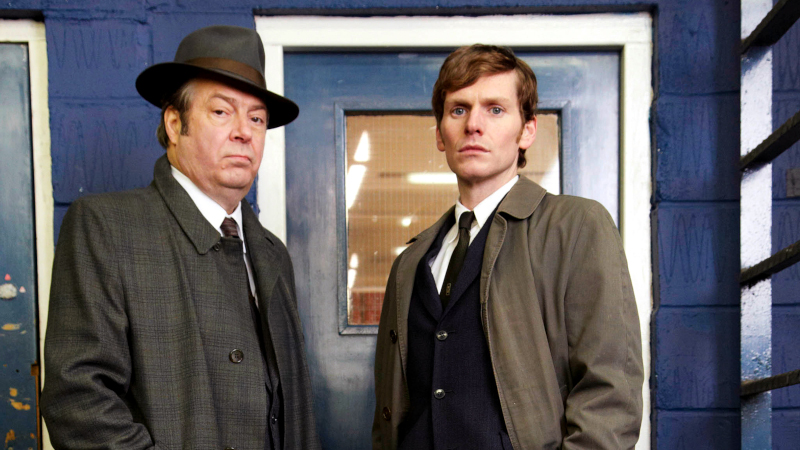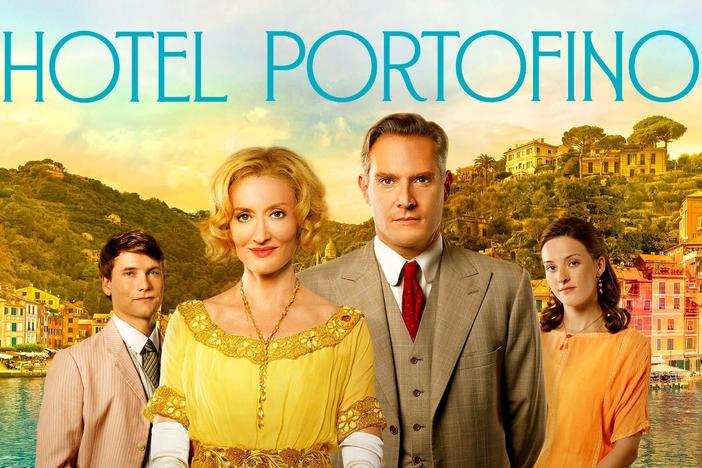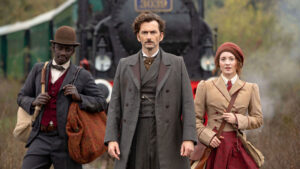I’ve compared PBS shows before and I’d like to do it again but with a focus on what I call a travel scene. In this case the two shows are once again Miss Scarlet and All Creatures Great and Small. The reason for the comparison is they run back-to-back on Sunday evening so I get to see one after the other.
What is a Travel Scene
A travel scene, at least by my definition, is a scene in between two locations scenes where a character or characters travels from one location to the next. This includes time spent preparing for travel and, indeed, just that preparation can be the entirety of the Travel Scene.
Travel Scenes in Both Shows
The importance of a travel scene is something I’ve noticed before in any number of shows and movies. My general impression is shows that don’t use travel scenes are eager to get to the action, the meat and potatoes. If Miss Scarlett is going to Scotland Yard to confront Inspector New Guy the two scenes are not sandwiched around a travel scene.
Basically, Miss Scarlett tells someone she is going somewhere and the next scene she is at that location interacting with others.
Meanwhile, in All Creatures Great and Small when someone is heading out to visit Mrs. Pumfrey or another client, we generally see them putting on a coat, heading out, getting in the car, and then driving to the location. Perhaps not all of those things occur but at least a few.
What Value is there in a Travel Scene?
I think this is the most important question. What value does a travel scene bring to a show and how can such scenes cause harm? The harm is relatively simple to pinpoint; those sorts of scenes take away from the limited amount of runtime a show has available to it. If we just eliminate them, we have more time for the other scenes.
The value is more difficult to determine but for me it’s all about immersion and transition. When characters teleport around from one location to the other with no apparent means it bothers me. Timelines don’t work as going from places takes time but it is often ignored. Events happen out of sequence as a person couldn’t have done another scene because it supposedly took hours to get to a location.
When a character is seen getting ready to travel, driving, walking, taking a train, arriving outside at a new location, I believe. My reptilian brain thinks, yes, they’ve traveled from one location to another, I believe the upcoming scene.
In addition, travel scenes often allow for a lovely transition of beautiful scenery, period piece vehicles and clothes, and wide shots not possible in indoor location.
Conclusion
I don’t think every journey need be documented with some sort of a travel scene but I’m of the strong opinion that shows that take the time to show them are almost always better than those that do not.
Certainly, it’s not the travel scene alone that makes a show superior but is an indicator of attention to detail. Anyway, I’m curious, have you noticed travel scenes and the effect on the show?
Tom Liberman
